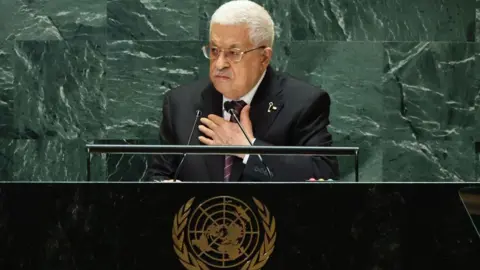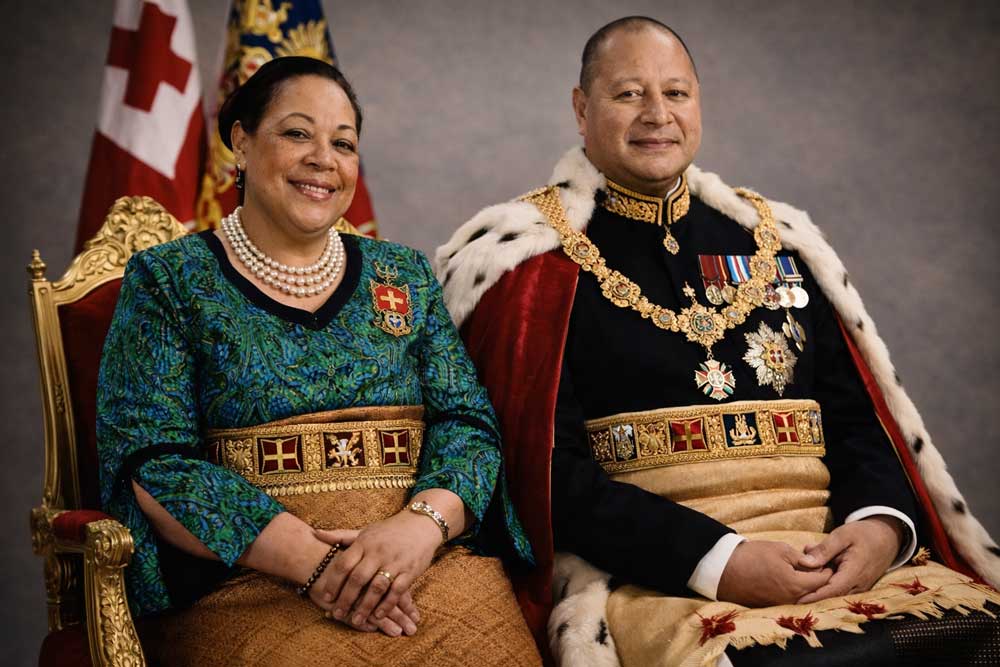The US has blocked Palestinian President Mahmoud Abbas from attending the UN General Assembly session in New York next month, after he and 80 other Palestinian officials had their visas revoked, the US State Department has announced.
US Secretary of State Marco Rubio cited the officials' responsibility for undermining peace efforts and their pursuit of unilateral recognition of a conjectural Palestinian state as the reasons for the visa revocation.
This decision is unusual given the US's position on facilitating travel for a diverse array of international officials to the UN headquarters.
The move comes as France leads a push for international recognition of a Palestinian state during the assembly session, a stance opposed by the Trump administration during its tenure.
The Palestinian ambassador to the UN, Riyad Mansour, initially indicated that Abbas would attend the gathering of heads of state, but this was countered by the US decision to revoke the visas of members of the Palestine Liberation Organization (PLO) and the Palestinian Authority (PA).
Rubio clarified that officials representing the Palestinian mission in New York could still attend the meetings as permitted under the UN Headquarters Agreement, which allows foreign officials to participate irrespective of their countries' relations with the US.
However, it remains uncertain if the US's actions comply with these regulations, particularly since Palestine holds observer status at the UN, a privilege it argues should afford its leaders attendance rights.
Abbas's office expressed disbelief at the US's decision, deeming it contradictory to both international law and the UN Headquarters Agreement.
In response, Israel's Foreign Minister Gideon Saar welcomed the decision.
Currently, the Palestinian territories are politically fragmented, with Hamas governing the Gaza Strip and the Fatah-led PA active in the West Bank, where it faces challenges from rival factions and ongoing Israeli settlement expansion.
Historically, the UN recognized the PLO as the legitimate representative of Palestinians in 1974, granting it observer status, while Palestine was later upgraded to non-member permanent observer state in 2012.
The Israeli government, under Prime Minister Benjamin Netanyahu, opposes the establishment of a Palestinian state, perceiving it as a reward to terrorism stemming from the actions of groups like Hamas.
Netanyahu’s administration recently ramped up military actions in Gaza in response to a Hamas-led attack that resulted in significant casualties. The humanitarian toll since then has been severe, with reports indicating over 63,000 deaths in Gaza due to the conflict.
As debates surrounding statehood and peace negotiations persist, the current geopolitical climate raises questions about future US engagement in international diplomatic efforts related to the Israeli-Palestinian conflict.


















